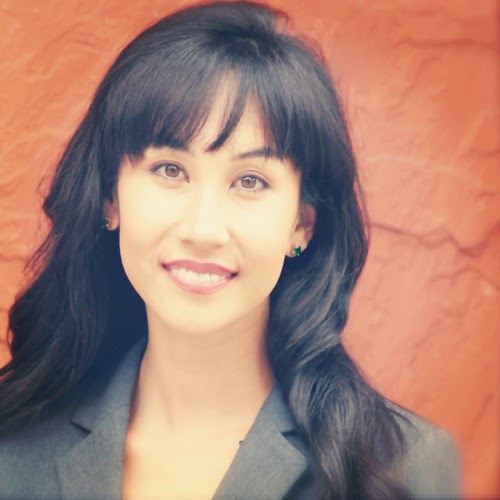Meditation on Leadership and Personal Development
by Kathleen O’Halloran
USC Executive Master of Leadership
Through reflection, we examine ourselves to learn more about leadership. We create content out of life experiences to distill our answers to the prevailing questions about leadership - how do we make better decisions, take wiser action, and communicate effectively. Life is a balance between stability and change. I need stability. I need change. Note optimal order, stability first, think Maslow’s hierarchy of needs, smart. Smart is temporary. Wisdom builds the future. Innovation is functional wisdom, and all of it is complex.
Complexity is the term that we use to define something with many parts in intricate arrangement. Complexity describes that which possesses diversity, interdependence, velocity, ambiguity and scarcity: diversity meaning composed by different elements; interdependent meaning in relationship with an other (one) or others (many), preferably both; velocity in terms of directionality; ambiguity as in uncertain or lacking a definitive nature, implying growth, relativity and boundlessness; scarcity meaning rare or translated to the language of economics, scarcity meaning demand is greater than supply, impacted.
The world we live in is complex. All things are made of more than what they are. Even our words are defined by more than their letters. The world we live in is complex, and what that means, from the perspective of society and human behavior, is that leadership emerges in society and can be observed in the behavior of the leader and the behavior of those being led.
As our society’s thought leaders observe leadership behavior, a discussion is born on the capabilities of effective leadership. Leaders that are effective now are action oriented in ways that are authentic and appropriate. Leaders that are effective now are capable of role clarity and decision logic. Leaders that are effective now are capable of flexible fortitude meaning perseverance, courage under fire, knowing when to hold on and when to let go.
Leaders that are effective now are capable of motivation. The paradox of this leadership discussion, is that everyone needs it. All beings need something outside of themselves to be alive, here. This implies that leaders need leadership, too.
The beauty of leadership is that it can be cultivated within the self, and for the self. Leadership is scarce - it is certainly here, but certainly impacted, meaning leaders are highly impacted people. Leaders are in demand in all aspects of life, and as the nature of scarcity suggests, demand is greater than the supply – challenge. Scarcity is a boundary condition in and of itself. The nature of this challenge is causality, order, prioritizing.
So, the most important thing for the leader to remember is to include the self in the equation. Lead thy self and nurture your capacity to exist as a leader. Understand that when you see you in the mirror, you only see half of yourself. To lead your whole self you must know your whole self and to know your whole self you must listen to others who see the other half. Listen. What you are here is what you project here.
If you would like to mean something that is good somewhere, project something good there. Show up. Know your values your strengths and how you best perform, position yourself toward those opportunities. Show up. You is not a choice, it is priority one, step one. Leading yourself is not a management opportunity that you have to evaluate before deciding to take on the project. It’s vital to you, the life force that takes on all it takes on. Managing yourself is an on going learning activity that nurtures all you do, implying that all you do is done with purpose.
Photo: Kathleen O'Halloran – Executive Master of Leadership (EML) graduate.
To learn how an Executive Master of Leadership (EML) at the University of Southern California (USC) would benefit you in your career or development as a leader, please visit: priceschool.usc.edu/programs/masters/eml/

%2Bat%2BUSC%2B-%2BUniversity%2Bof%2BSouthern%2BCalifornia%2B.jpg)
No comments:
Post a Comment